Trump Administration Plans to Ban Auto Start/Stop – 'Everyone Hates It!'
 RobertMay 15, 2025, 04:56 PM
RobertMay 15, 2025, 04:56 PM
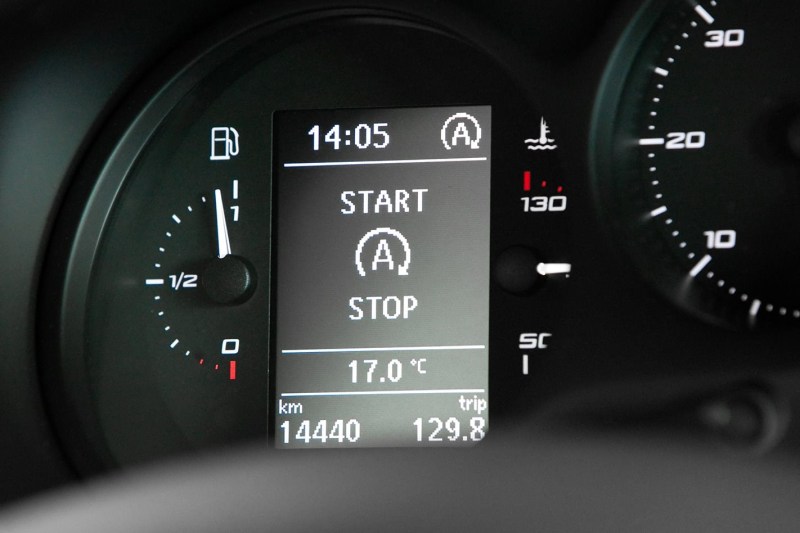
【PCauto】Recently, Lee Zeldin, the newly appointed administrator of the U.S. Environmental Protection Agency (EPA) under the Trump administration, publicly announced the plan to ban the widely adopted start/stop technology in modern vehicles.
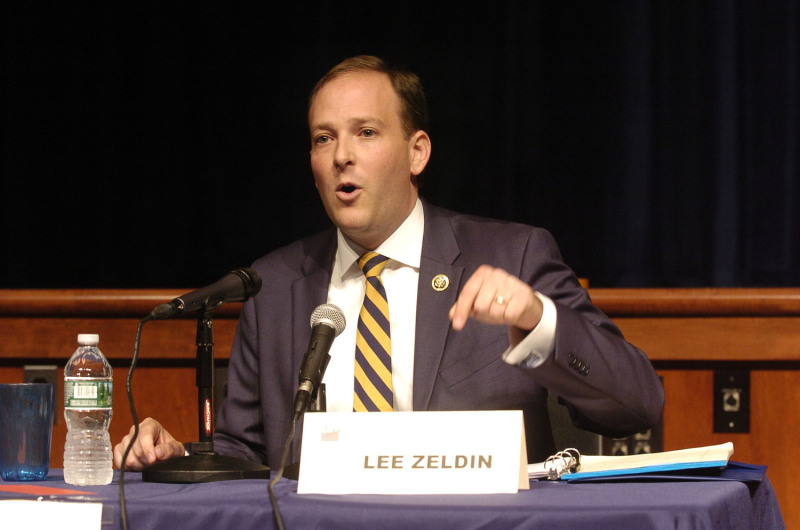
He claimed this technology serves merely as a tool for automakers to earn climate participation trophies, asserting that "everyone hates it" and indicating the EPA would address this issue.
What Lee Zeldin likely meant is that some people—including himself—dislike start/stop systems.
The technology disrupts driving smoothness with engine restart vibrations and noise, particularly irritating the driver in stop-and-go traffic where frequent activations occur. In addition, start/stop system of some vehicles are poorly calibrated, such as the engine will be restarted upon slight brake pedal release, impairing the driving experience.
Additionally, when the engine shuts off, so does the air conditioning, which is unacceptable in tropical climates, so that some drivers will disable the start/stop function immediately after restarting their vehicles.
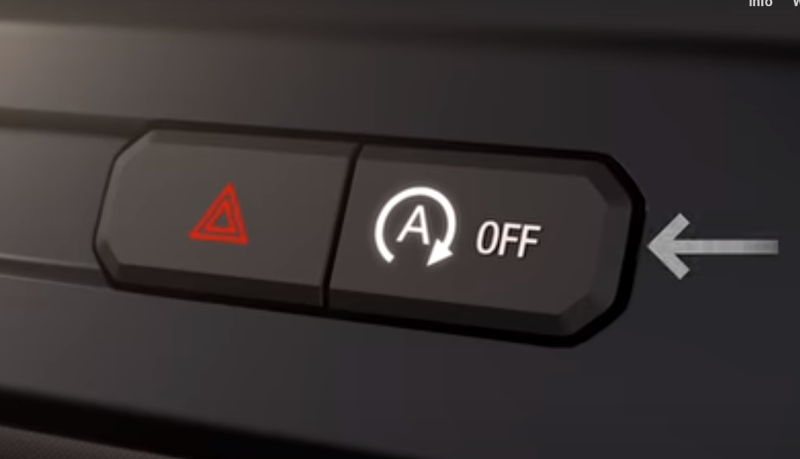
Initially, automakers developed this technology to automatically shut off the engine during idling (e.g., at traffic lights or in congestion) and restart it when the driver releases the brake, aiming to reduce fuel consumption and emissions.
Studies indicate this technology can decrease fuel consumption by 4%-8.7% while reducing carbon emissions. Practical tests demonstrate that even stops shorter than 8 seconds still effectively reduce the fuel consumption.
Having been applied in vehicles for over two decades to meet the standards of fuel economy, the start/stop system and relevant components have undergone extensive optimization. Modern vehicles no longer suffer additional wear from frequent start/stop cycles.
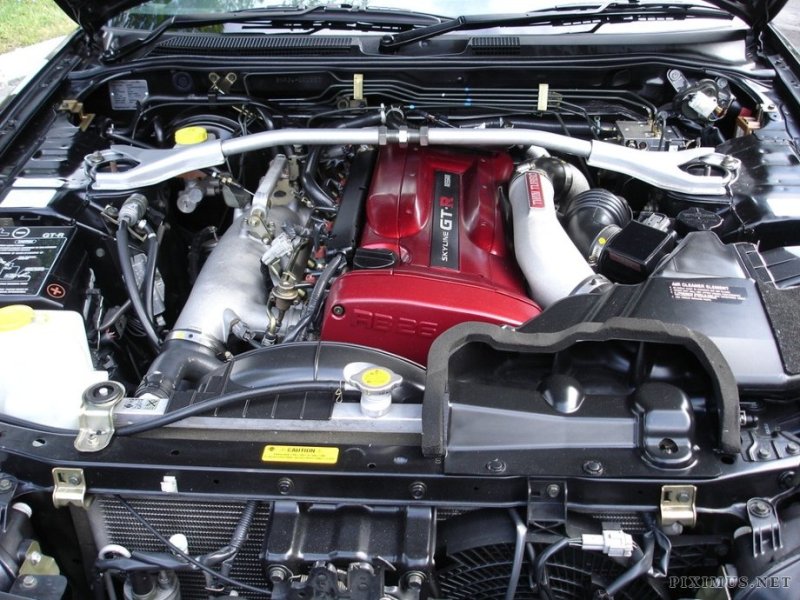
EPA Administrator Lee Zeldin's proposed ban has been criticized as lacking substantiation and exaggerating public opposition while ignoring the start/stop technology's advantages in environmental protection. Notably, Zeldin—a self-described "climate change skeptic"—has no background in environmental law, science, or policy, with his appointment widely viewed as a political reward for loyalty to Trump and the result of deregulation.
While start/stop system actually impairs driving experience (like temporary AC shutdowns causing cabin discomfort), its emission-reduction efficacy has gained wide recognition. Moreover, many modern vehicles—including gasoline models like the Toyota C-HR—are equipped with refrigerant storage systems that maintain cool air output for up to one minute after engine shutdown.
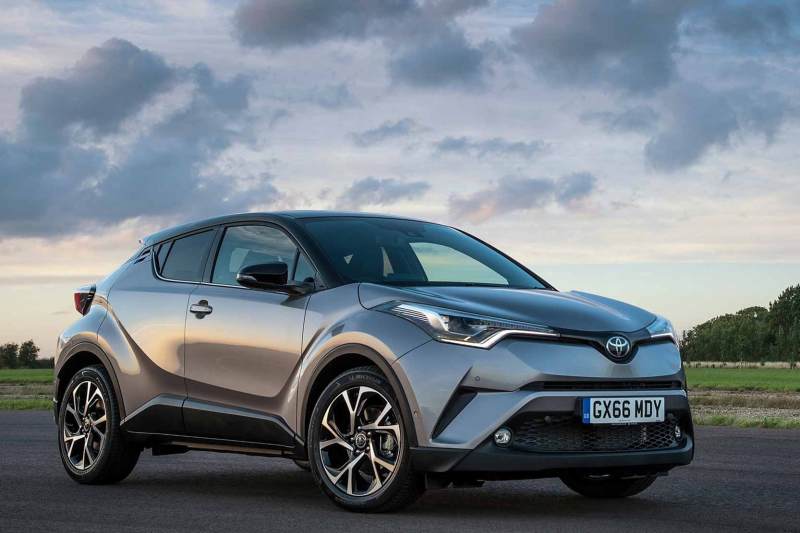
The only reasonable criticism is that the vibration during engine restart is indeed irritating, especially when the cabin is very quiet. Even with hybrid electric vehicles (HEVs), people are highly sensitive to noticeable vibrations during the transition between electric and engine power—any perceptible shudder gets negative reviews. For instance, the Accord HEV's engine engagement is smoother than the Camry HEV's, which has earned consumers' praise for Honda's hybrid technology.
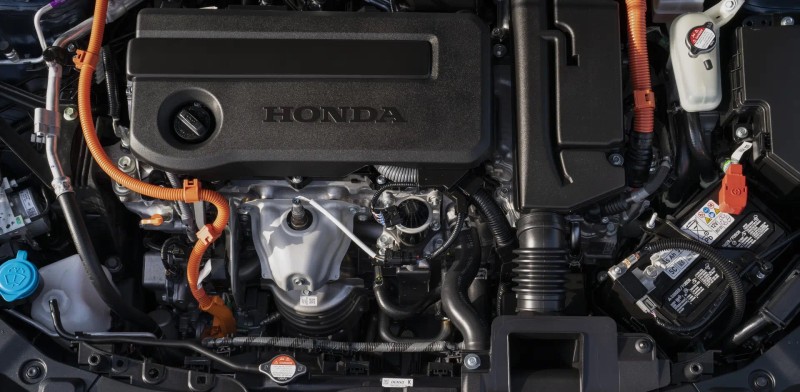
In conclusion,regarding Lee Zeldin's stance, if start/stop systems are truly so disliked, it's better to develop the hybrid electric vehicles—at least their engine engagement is far less noticeable during driving. An outright ban on start/stop technology would undermine the EPA's authority.
If any infringement occurs, please contact us for deletion
Trending News

2025 Toyota Aqua Released, Fuel Efficiency 35.4km/L, More Worth Buying Than Corolla
[PCauto] Against the backdrop of the global automotive market's continuous transition toward electrification, the Toyota Aqua, as a compact hybrid model from the brand, has always been renowned for its high efficiency and practicality.The 2025 Toyota Aqua has been officially unveiled recently, drawing market attention once again with multiple technological upgrades and high fuel efficiency.This model is built on the TNGA-B platform, achieving a new breakthrough in fuel consumption performan

2026 Malaysia EV Road Tax Policy Analysis: Costs and Opportunities After the End of Exemptions
As December 31, 2025, approaches, electric vehicle owners in Malaysia will face a significant policy turning point — the four-year electric vehicle road tax exemption policy is coming to an end. Starting from January 1, 2026, all electric vehicles will be subject to an annual road tax based on a new power-based tiered tax system. This change marks a transition for Malaysia's electric vehicle market from a policy-driven phase to a new stage of market-oriented development, bringing new considerations for both consumers and the industry.

The fifth-generation Geely Emgrand car photos released, with upgrades in body size and power system
As a family sedan with cumulative sales exceeding 4 million units in China, the new generation Emgrand will further consolidate Emgrand's competitive position in the sedan market through stronger product capabilities.

Proton's fourth-generation Saga revolution, brand new 1.5L four-cylinder engine, equipped with ADAS for the first time
By leveraging Geely's technological resources, the fourth-generation Proton Saga has been comprehensively upgraded in terms of design, performance, and safety, while maintaining localized characteristics.

BMW's all-new iX3 to be unveiled on September 5, built on the Neue Klasse platform
[PCauto] BMW recently released a teaser image, announcing that the all-new generation BMW iX3 pure electric SUV will have its global debut on September 5, 2025. This model will become the first mass-produced vehicle built on the Neue Klasse platform and marks a crucial step in BMW's electrification transition.The all-new iX3 not only achieves comprehensive upgrades in exterior design, interior technology, and power performance but also targets the global pure electric SUV market, directly co
Popular Cars
Car Compare
Model Year
car model

